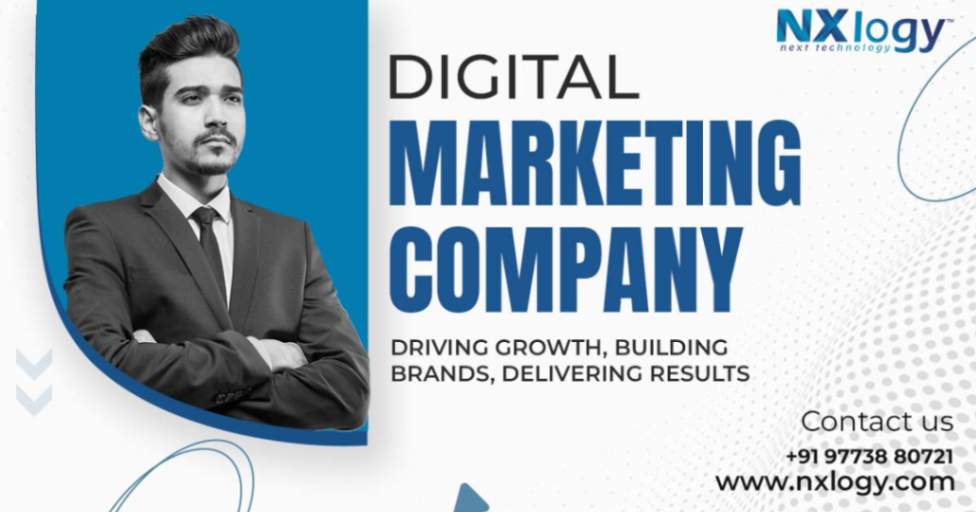


Digital marketing means using the internet and online tools to advertise and promote products, services, or brands.
Digital marketing means using the internet and online tools to advertise and promote products, services, or brands. Unlike traditional marketing, it leverages channels like social media, search engines, and email to engage with audiences in real-time and deliver measurable results. This makes it an essential strategy for businesses aiming to stay competitive in today’s digital age.
Tools That Make Digital Marketing Easier
SEO Tools:
Google Analytics: Helps you see how many people visit your website and what they do there.
SEMrush: Provides keyword research and SEO auditing.
Yoast SEO: Optimizes on-page SEO elements.
Content Creation Tools:
Canva: For creating graphics and visuals.
Grammarly: Ensures error-free writing.
Adobe Premiere Pro: For professional video editing.
Social Media Management Tools:
Hootsuite: Schedules posts and monitors engagement.
Buffer: Tracks social media performance.
Email Marketing Tools:
Mailchimp: Automates and personalizes email campaigns.
Sendinblue: Integrates email and SMS marketing.
Analytics Tools:
Google Data Studio: Creates interactive reports.
Hotjar: Tracks user behavior with heatmaps.
Marketing Automation Tools:
HubSpot: Combines CRM and automation.
Zapier: Automates workflows between apps.
Video Marketing Tools:
Animoto: Simplifies video creation.
Vidyard: Tracks video engagement.
Key Digital Marketing Strategies
Search Engine Optimization (SEO):
Optimize content, meta tags, and backlinks to improve search rankings.
Content Marketing:
Create blogs, videos, and infographics to engage audiences.
Social Media Marketing:
Use apps like Instagram and LinkedIn to reach and interact with your audience.
Pay-Per-Click (PPC) Advertising:
Run targeted campaigns on Google and social media.
Email Marketing:
Customize and automate emails to build relationships with potential customers.
Influencer Marketing:
Partner with influencers to boost visibility and credibility.
Analytics and Data Tracking:
Use tools like Google Analytics to measure campaign success.
Mobile Marketing:
Optimize for mobile users and leverage SMS or app-based promotions.
Conversion Rate Optimization (CRO):
Enhance user experience to convert visitors into customers.
Remarketing:
Re-engage users who interacted with your brand but didn’t convert.
Why Small Businesses Need Digital Marketing
Digital marketing is crucial for small businesses as it offers affordable and effective ways to reach a larger audience and compete with bigger players.
Cost-Effective: Budget-friendly options like social media ads and SEO make it accessible.
Wider Reach: Connect with local and global audiences through online platforms.
Targeted Marketing: Tailor campaigns to specific demographics for better results.
Increased Visibility: Build trust and attract customers with an active online presence.
Measurable Results: Track performance in real-time and adjust strategies accordingly.
Improved Engagement: Directly communicate with customers through social media and email.
In conclusion, digital marketing is a strong way for businesses of any size to grow and succeed. By leveraging the right strategies and tools, you can effectively promote your brand, engage with customers, and drive growth.
